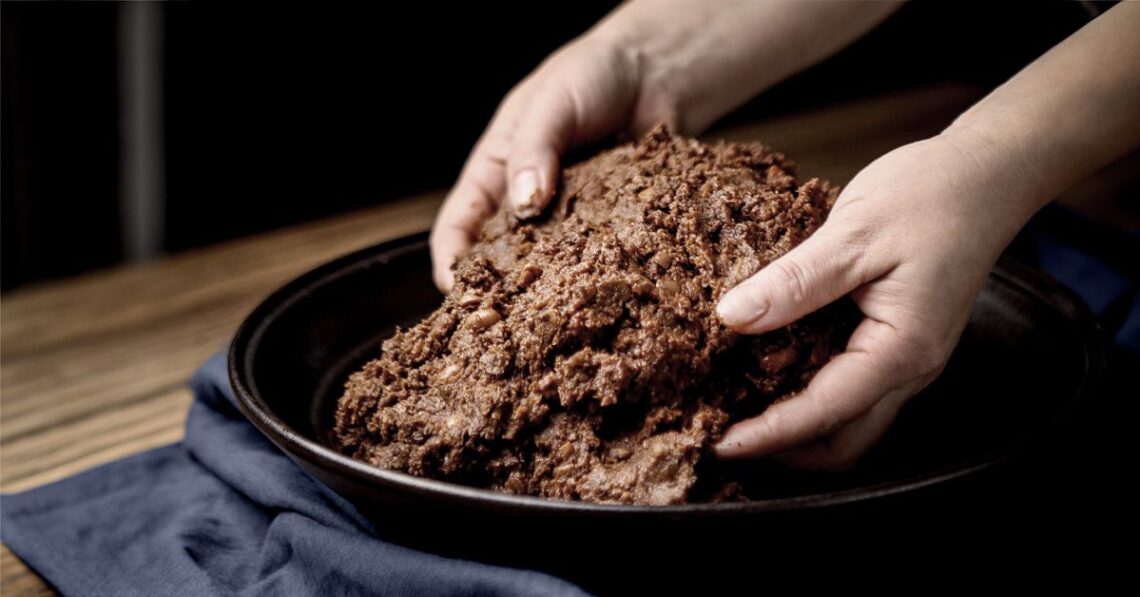- A new study suggests Korean soybean paste, known as doenjang, can relieve menopausal symptoms.
- The study finds that traditional doenjang more effectively alleviates menopause symptoms compared to commercially produced doenjang.
- Among the doenjang samples tested, the one with the least beneficial bacteria produced the strongest result.
A new study investigated the effectiveness of a Korean soybean paste known as doenjang on alleviating symptoms of menopause.
The findings show that traditionally produced doenjang successfully reduces menopausal symptoms.
Doenjang paste is one of the oldest fermented foods in Asia, dating back over 2,000 years. It significantly predates miso paste, which first became popular in China before making its way to Japan.
While miso is made from peeled soybeans that ferment over a period of weeks, doenjang matures from several weeks to two years. It consists of fermented, unpeeled soybeans. Its subtly tangy, strong umami flavor has undertones of nuttiness and earthiness. Miso, made from peeled soybeans, is not as thick, and is milder and sweeter.
Like miso, doenjang is typically salty, since it is fermented with salt, which can itself be a cardiometabolic concern. Both miso and doenjang can serve as the basis of broths and as a flavoring in various dishes.
The recent investigation of doenjang is part of ongoing explorations of the impact of fermented foods on the gut microbiome. One of the goals of the study was to determine if more bacteria content in doenjang produced better results than less.
The study is published in nutrients.
For the study, researchers tested three types of doenjang. The first two were traditionally produced, with one containing a low dose of beneficial microbes, and one containing a high dose.
The effectiveness of these was compared to commercially produced doenjang that contained more beneficial microbes than either traditional sample.
The level of Bacteriodetes microbes increased in the two types of doenjang with the…
Read the full article here

